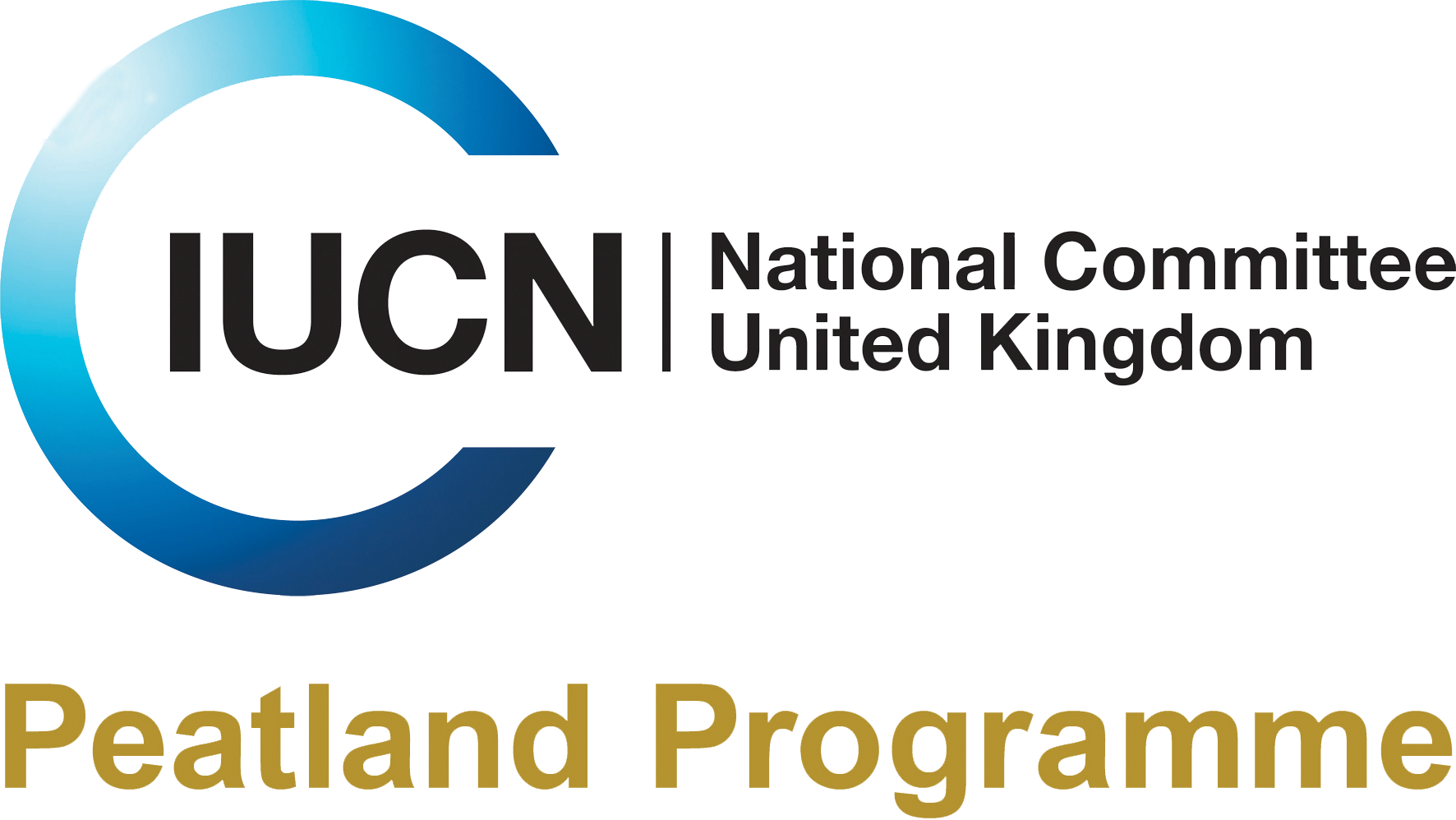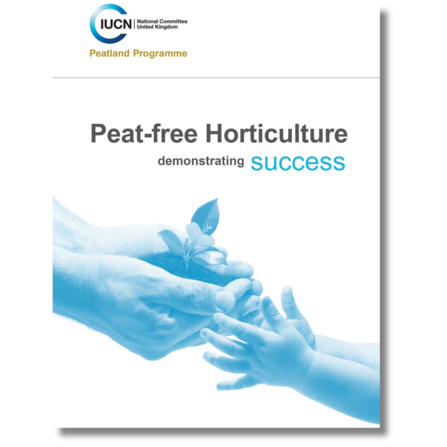The IUCN UK Peatland Programme has published a report showcasing successes in peat-free horticulture. 'Peat-free Horticulture – Demonstrating Success' is now the third publication in the series and was launched as part of the UNFCCC COP26 Peatland Pavilion in November 2021. Peatlands are a key part of the global climate change effort as well as being of great biodiversity importance. The UK and Scottish Governments have committed to banning the sale of peat in horticulture to protect peatlands from damage by commercial peat extraction.
The report ‘Demonstrating Success: Peat-free Horticulture’ highlights the end of peat use as an opportunity not only to help the environment but also to enable a lasting and sustainable horticulture industry. Gardeners and professional plant growers are increasingly finding better alternatives to using peat. A wide range of materials are available including wood fibre, bark, and home-made compost with many of these having their own environmental benefits such as reducing waste.
Peat extraction for horticulture is targeted largely at a rare and threatened type of peatland, lowland raised bogs which have been drained and stripped of their natural living layer for the peat to be extracted. Peat, the preserved remains of plant material is then stripped and bagged for sale, stripping thousands of years of peat accumulation in a few years. As well as threatening wildlife the operations release carbon dioxide from the preserved carbon store in the peat, contributing to climate change.

